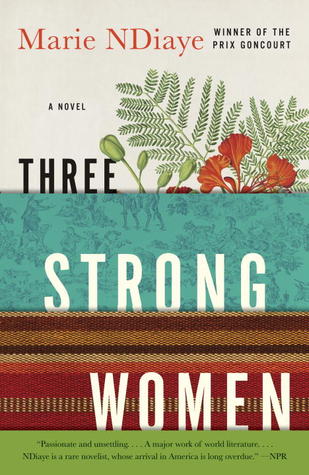
Harris, Kamala "The Truths We Hold. An American Journey" - 2019
I just finished this, on the day of her inauguration. I am so happy to have read it. I didn't really know much about the new US vice president and this was a great way to get to know her. What a woman!
If you've been following my blog for a while, you will have heard this already. When I first joined Facebook, I used to take part in some of their "games" and found that I am very liberal (not a surprise), "as far left as can be before heading into Stalin's backyard". That was a US American test, of course. (Compared to their Republicans, that is certainly true.)
Anyway, I believe in peace to this world, human rights and social justice for all, equal opportunity, a good healthcare, free education for everyone and anything that makes life easier for all of us, not just for the richest of the riches.
Kamala Harris represents all that. In her book, she tells us the story of her parents who came from India and Jamaica, how they started from scratch, how her mother brought up her daughters alone, how Kamala and her sister got through their education and into their jobs, how they keep fighting for the underprivileged, how she climbed the ladder in a system that seems to be very much inclined towards other goals. I'm not surprised, Joe Biden chose her as his VP. She believes in books and education and hard work, she believes in family values, loves her family and friends with all her heart and cares deeply for her "neighbour". I know many people believe that foreigners shouldn't care for who the US president is but the influence that country has on the world is still very big and, therefore, we should care. Kamala Harris gives us new hope.
I believe that we should trust in science. Yes, the world is round and climate change/global warming exists. And the earlier we do something against it, the better. It might already be too late.
She has taken something her mother always used to say as a guideline:
"
You may be the first. Don't be the last."
She has tried to pass on the help she received from people before her to young people everywhere. We should all take her as an example.
One of my favourite lines:
"
Freedom must be fought for and won by every generation. It is the very nature of this fight for civil rights and justice and equality that whatever gains we make, they will not be permanent. So we must be vigilant. Understanding that, do not despair. Do not be overwhelmed. Do not throw up our hands when it is time to roll up our sleeves and fight for who we are."
So, even if you don't trust the media and don't like the democrats, I think everyone would enjoy this book and maybe change their mind about the author a little bit. She truly is inspirational.
From the back cover:
"
The extraordinary life story of one of America's most inspiring political leaders.The daughter of immigrants and civil rights activists, Vice President Elect Kamala Harris was raised in a California community that cared deeply about social justice. As she rose to prominence as a political leader, her experiences would become her guiding light as she grappled with an array of complex issues and learned to bring a voice to the voiceless.
Now, in The Truths We Hold, Harris reckons with the big challenges we face together. Drawing on the hard-won wisdom and insight from her own career and the work of those who have most inspired her, she communicates a vision of shared struggle, shared purpose, and shared values as we confront the great work of our day."


























